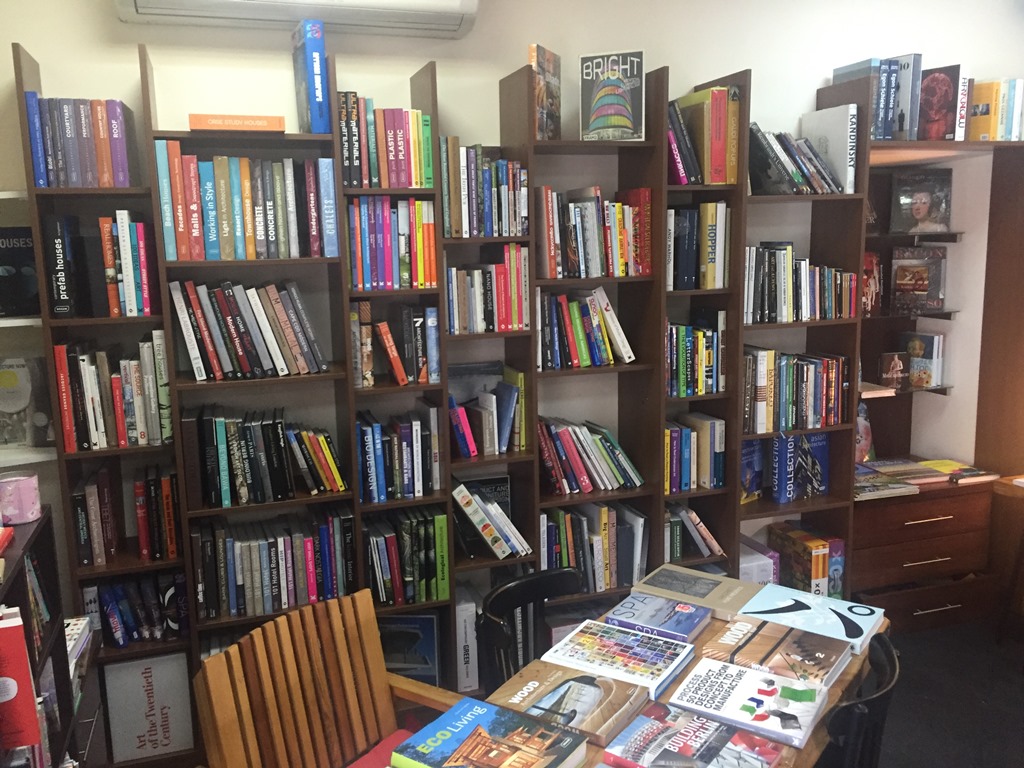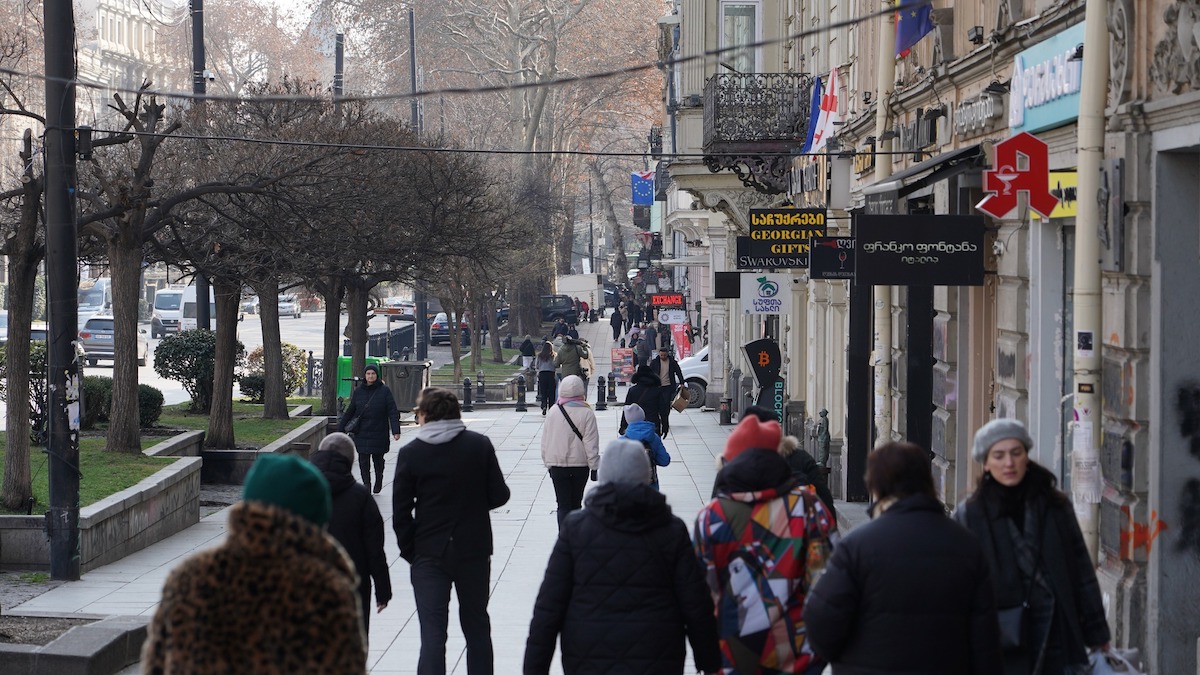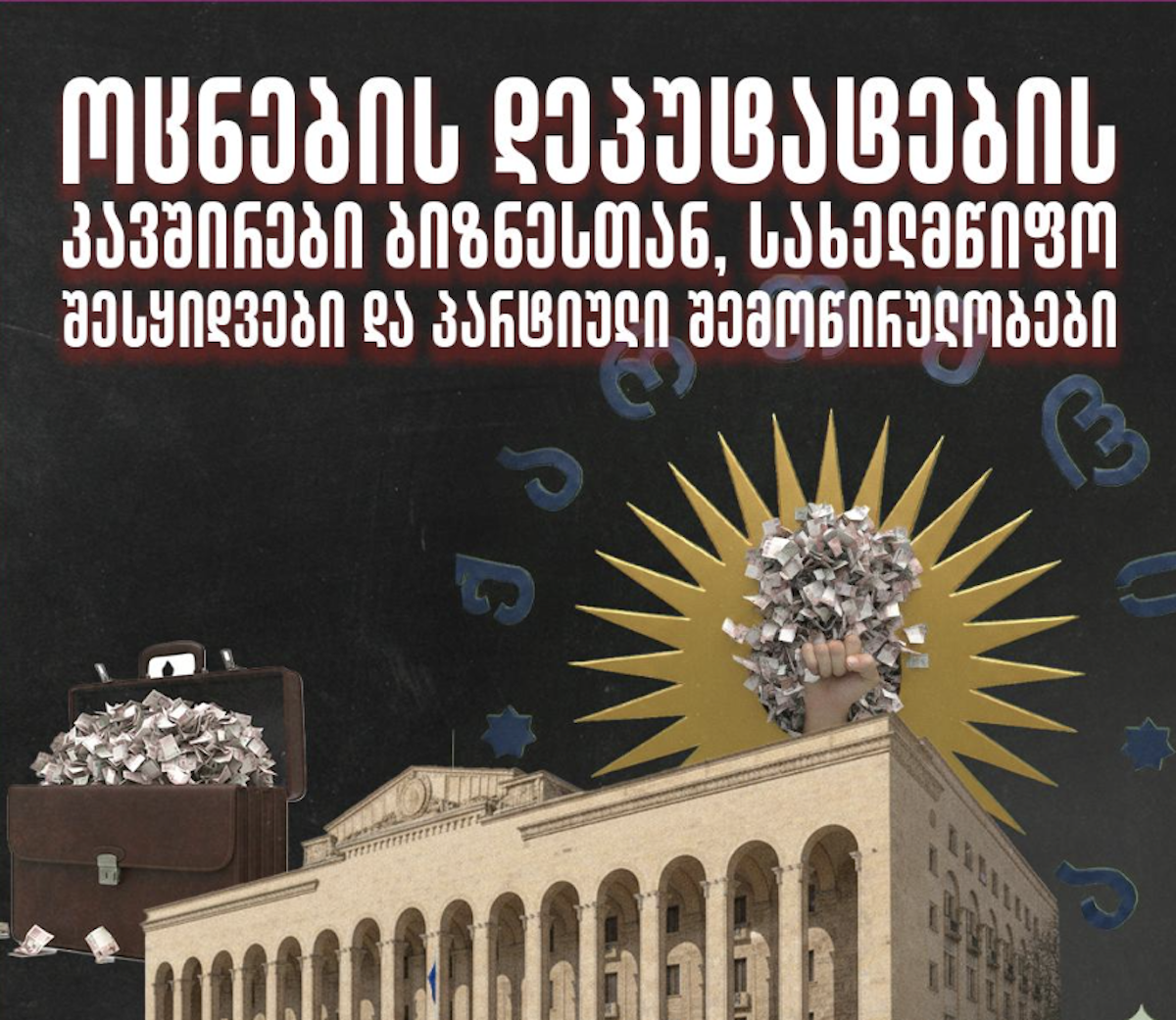Sales of books by Armenian authors are growing — who is helping and how?
Sales of books by Armenian authors are growing
Bookstores in Armenia have recently been offering a wider and more frequent selection of works by Armenian authors — both renowned classics and contemporary writers. Many of these books are becoming bestsellers.
Both publishers and bookstores actively promote Armenian authors’ books on their social media pages. These editions are now professionally designed, with carefully considered layouts and covers. They are sold at the same prices as Armenian-language translations of popular foreign writers.
Many authors are organising book presentations, creating opportunities for direct interaction with readers, and holding discussions in various formats. This approach increases interest in their works.
Publishers suggest that Armenian authors may be attracting more readers because they address issues that resonate more deeply with people in Armenia, write in the Armenian language, and actively promote their own work.
- “Gradarak” – modern libraries for Armenian villages. Video
- Street art in Yerevan: graffiti artist paints portraits
- Rooftop theater: when stage dreams come true. Vlog from Armenia
Contemporary author shares her experience
Arpi Maghakyan is a children’s author who has already published four books. She writes fairy tales, but often incorporates real historical figures — for example, Armenian kings.
The writer is actively involved in the production of her books. She collaborates with illustrators, designers, and layout specialists, and sees the promotion of books as equally important.
She is often seen at events dedicated to publishing and promoting reading, participating both as a speaker and an organiser.
To promote her books, she uses social media — hosting livestreams and organising discussions. Arpi’s example shows that personally presenting your work to the public is key to strong sales.
“They consider me a well-selling author. In a small market like Armenia, I manage to publish my books in print runs of 3,000 to 4,000 copies. That’s a significant number for an Armenian author, though in reality it’s a small print run,” she says.
In recent days, bookstores have been calling her to say that copies of The Tale of Tigran the Great have sold out — a book that has recently seen a surge in interest.
“This is both an encouraging and a demanding situation for an author,” she notes.
Sales were especially high during the school holidays, which led Arpi to conclude that schoolchildren had enjoyed the book:
“Bookstore staff weren’t the only ones calling me. Parents contacted me to ask how they could get the book. It was very touching — I’ve never seen this level of demand before.”
She attributes the popularity and strong sales of her books to several factors: the subject matter, the quality of the writing, the illustrations, and the printing:
“I also believe the real facts behind my fairy tales attract readers. They want to read something engaging that’s also educational.”
Arpi studied directing and journalism at two universities, and is now using her communication skills to help ensure the success of her books.
Bookshops note growing interest in works by Armenian authors
The rise in sales of books by Armenian authors in recent years is, of course, partly due to the fact that publishers have been printing more of their works.
Khachik Vardanyan, director of the “Bukinist” bookstore chain, says that unfortunately, there is no specific data on how many customers prefer books by Armenian authors:
“All I can say is that sales of books in the Armenian language are increasing. Perhaps publishers could provide data on what share of their sales come from local authors.”
According to Vardanyan, the bookstore chain uses all available means to promote these books. They regularly post about them on social media, help organise book launches, and include works by Armenian writers in book fair displays.
“It would be helpful to give Armenian authors more opportunities to present themselves and their books through media channels. But the advertising law doesn’t allow television channels, for example, to offer free airtime to writers, publishers, or bookstores. Yet media advertising could significantly help promote our authors,” Vardanyan believes.
Reader survey in bookstores: public opinion
A survey conducted in several Yerevan bookstores revealed that many readers are familiar with works by contemporary Armenian authors. Quite a few respondents said they intend to seek out and read other books by the same writers. Notably, many of these popular authors are young and have already published several works.
When asked how they discovered these authors and their books, respondents often said: through the authors’ own social media pages.
“I’m not particularly passionate about contemporary Armenian literature and believe that many of today’s publications are mediocre. However, I still buy books by modern writers to encourage publishers to support them. It also gives me a chance to discover new authors who do produce quality literature — and I can even name a couple of works that I found genuinely impressive,” said Vagharsh Bagratunyan, a sociologist by profession.
He believes reading is an essential need and an integral part of modern life, and he’s pleased that various initiatives to promote reading are held regularly. In his view, such efforts eventually pay off.
He cited the “Reading is trendy” campaign that took place in Yerevan as an example. Its success, he believes, became evident a few years later, when new bookstores began to open, better-quality books appeared, and translations from various languages became more accessible. He admitted he wasn’t familiar with the sales figures, but said the lively atmosphere in bookstores clearly reflects a rise in interest.
As a book lover, he feels that even the most selective readers can now find the professional or literary works they’re looking for in Yerevan’s bookshops. Each bookstore attracts its audience in its own way, Vagharsh believes:
“For instance, Zangak appeals to readers because it has transformed its space into a wonderful environment for communication, sharing ideas, holding literary discussions and book launches. I often drop by, pick up a book, and enjoy it with a cup of tea, switching off from the city’s hustle and bustle.”
His only wish is for bookstores to expand their selection of specialised literature — a type of book he still struggles to find in Armenia.





















